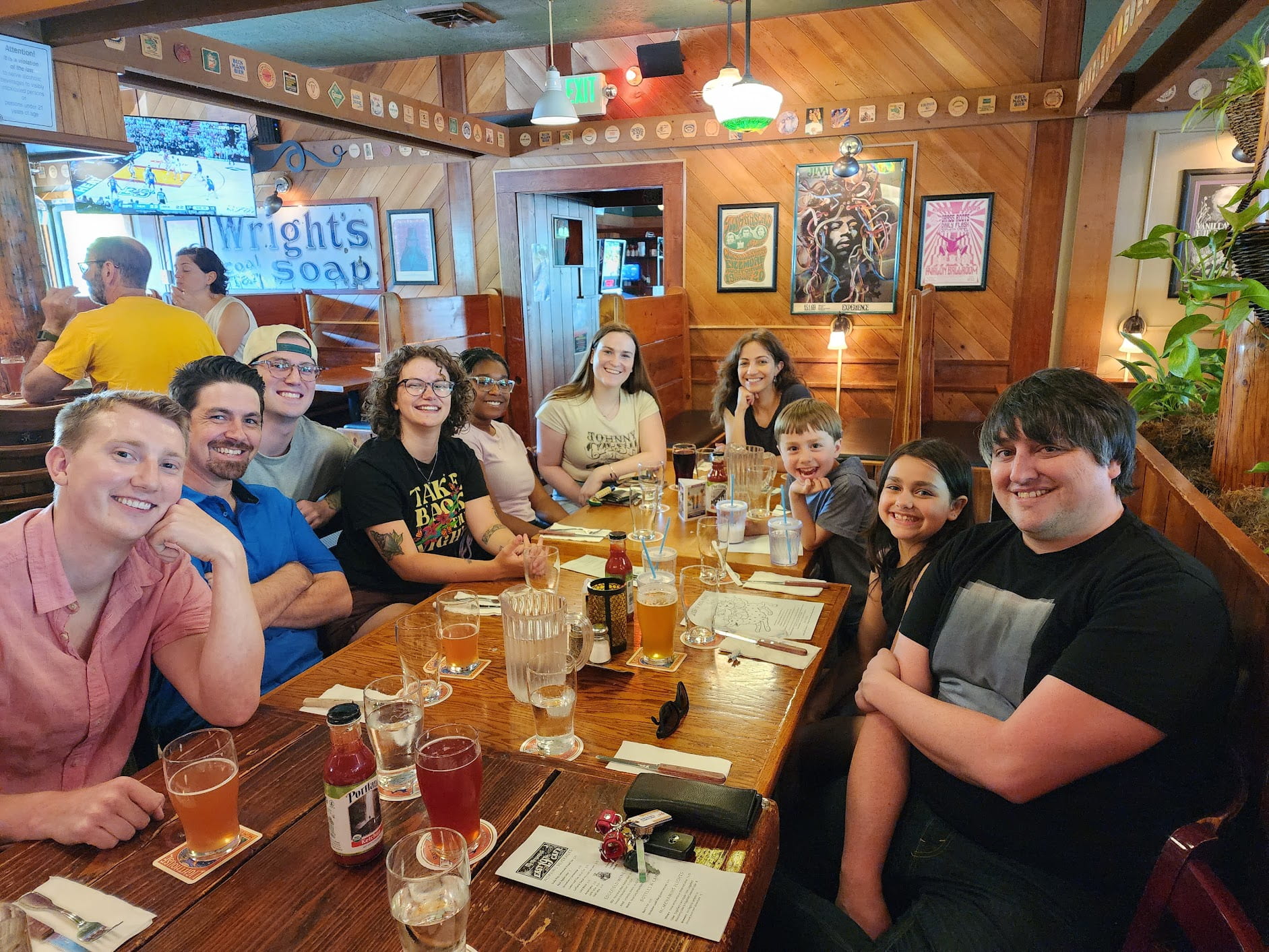Guide for Prospective Graduate Students

Broadly speaking, research in our lab uses theories and tools of social neuroscience to understand the biological mechanisms of constructs in two domains of psychology, namely self-representation and social cognition. If you haven’t already, please see the ‘Research‘ section of our website as well as the ‘Publications’ section for recent papers.
What We Study
My students and I study brain and behavioral topics with an emphasis on computational approaches to social neuroscience. As such, our work leans heavily on methods from modern cognitive neuroscience and ‘data science’ to address questions and inform theory in the areas of personality and social psychology. This work includes using multiple brain imaging measures (e.g., functional and structural MRI, diffusion tensor imaging), modern computational techniques (e.g., machine learning, network analysis, scientific computing in R and Python), as well as classic social cognitive experimental procedures and psychometrics.
Not all of our work will utilize neuroscientific methods, and we are interested in behavioral, cognitive, demographic, and non-biological measures within personality and social psychology. However, I will only accept students in my lab who have a central interest in the brain, are strongly committed to utilizing a social neuroscience approach, and who are willing to challenge themselves to learn modern computational techniques as they apply to our data of all kinds. Here is a sample of a few topics and methods that students have pursued as part of the Computational Social Neuroscience Lab:
● Self-referential processing
● Close relationships
● Empathy
● Self-esteem
● Theory of mind
● Personality
● Depression
● Anxiety
● Stereotypes
● Group dynamics
● Interpersonal narratives
● Multiracial identity
● Dyadic interactions
● Multivoxel pattern analysis
● Structural connectivity
● Drift diffusion modeling
● Statistical simulations
● Multilevel modeling
● Machine Learning
● Naturalistic audio/visual paradigms
● Natural language processing
● R/Python package creation
● Bayesian statistics
● Web scraping
● Generative art
What We Do Not Study (typically)
I pride myself on having broad scientific interests and being open to new ideas and challenges. However, as a work group, it is also important for work in the lab to have a general purview within our domains of deep expertise. There are a few topics that are of interest to many students but that we do not do work on in my lab. These include work on psilocybin and psychedelics, addiction and substance use, eating behavior or health psychology (but see Dr. Elliot Berkman’s lab in our department who does work in this domain), attention deficit disorder, and major psychopathology such as schizophrenia. All of these topics are very interesting, and we love to read papers on them. However, unless a student can make a strong case with specific hypotheses about how these topics fit into our typical studies, we have no plans to pursue research on these topics in the near future.
Things to Know When Applying
The Department of Psychology at University of Oregon is highly collaborative. If you wish to join my lab in particular, please make that clear in your application. However, it is also okay (and, indeed, encouraged!) to list other faculty with whom you also share interests and may wish to work with too. Generally speaking, the research statement of your application is what sets apart successful applications from the others. I cannot speak directly to your chances of admittance until your application is reviewed in full, but I and others from the department will be in contact with you regarding your application as soon as this information is available to us and we have completed this process.
You are welcome and encouraged to reach out to me prior to applying via email (attaching a CV is also very helpful). Unfortunately, I am not always able to respond to these emails, so please do not let it discourage you if you don’t hear back from me! I prefer to hear from people prior to the application submission if possible, even if I cannot reply. Also, please feel free to reach out to any of the current graduate students in the lab to get feedback about my mentorship style and life as a graduate student in the lab and in Eugene.
Final Thoughts
Attending graduate school is a huge life commitment and deeply challenging for even the brightest and most motivated people. If you are not excited about this approach to psychological science or are unsure about your willingness to commit to the goals of our lab, you may want to reconsider applying to work in this lab in particular. However, if you do share our enthusiasm for this approach to this line of work and you are eager to offer your own perspective and ideas, I hope you will continue to want to apply and I’ll look forward to reading your application!